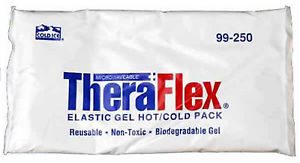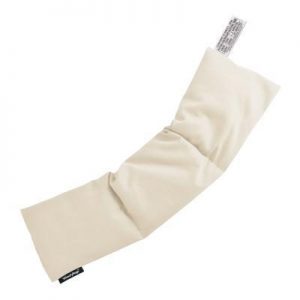Question Time Introduction
So often, we are asked the same questions regarding Physiotherapy and Chiropractic. We hope this Question Time blog will be helpful to many of you. If you have any other questions, do pop in them in the comment section below or pop us an e mail.(info.ivesonclinic@gmail.com)
Question 1.
The most popular question is,”What is the difference between Physiotherapy and Chiropractic?”
Physiotherapy or Chiropractic
Question Time Answer:
Physiotherapy covers various types of conditions. Physios may specialise in a certain field such as musculo-skeletal (MSK) or paediatrics, care of the elderly, orthopaedics etc. In private practice, we tend to be multi-skilled, often also having a particular speciality. Julie Iveson, one of the physios at the Iveson Clinic, specialises in Acupuncture and Sports Injuries.
At the Iveson Clinic, we are still ‘hands on’ therapists. Treatments may consist of:
- soft tissue work
- joint mobilisations
- exercise
- acupuncture
- taping
- electrotherapy
We often treat neck and back problems. Once normal joint movement has been restored, we would encourage appropriate exercises such as core strengthening to aid and maintain recovery.
Chiropractic is a five year training and although they can treat various muscle and joint problems, their main focus is the spine.
Treatments between Physiotherapy and Chiropractic have many similarities now, but Chiropractic specialises in manipulation of stiff joints. You may hear a ‘pop’ sound which involves the release of air from a joint as it is mobilised. Chiropractic training also includes radiology and hence, an X Ray may help to plan appropriate treatment. X Rays, however, are used less now and MRIs are more favoured for diagnostic purposes.
At the Iveson Clinic, Richard Iveson also uses:
- Activator technique to mobilise stiff joints
- soft tissue work
- taping
- electrotherapy
- exercise
There isn’t a right or a wrong answer as to who to see for neck and back problems. Whatever works for you best! The therapists at the Iveson Clinic work closely together thus moving patients to the correct therapist for the treatment required.
Question 2
Question Time Answer:
Ice is obviously favoured for any acute injuries. ie: a sprained ankle, pulled muscle, acute back pain etc.
Many of you will be familiar with the expression:
- Ice
- Compression
- Elevation
If for example, you injure your neck or back, ice in the early stage will help reduce the pain and inflammation. Although heat it more comforting in the early stages, it can be counterproductive. The acutely inflammed joint ( which is hot and angry) will not feel better.
People recover at various speeds, but once the acute phase has passed, a combination of ice and heat can be helpful. Ice to reduce the residual inflammation and heat to ease muscle tension. Hot baths and warm showers are always comforting to aid relaxation of tight muscles.
Heat is helpful for general arthritic problems, to help relax the joint and surrounding muscle. A wheat pack is quite useful as this can be put in the microwave or the freezer. If you have tightness across your neck and shoulders, a warm wheatpack can really help at the end of a day to ease tension.
The Iveson Clinic have a selection of hot and cold packs for sale.
Question 3
How many treatments will I need?
Question Time Answer:
This is such a difficult question to answer as everyone is different. Some conditions will respond in 1 or 2 sessions, whereas others will take a lot longer. The staff at the Iveson Clinic will review your condition with you. If you aren’t making satisfactory progress, they will liase with your dr regarding further investigations or onward referral. Recovery is largely influenced by patient’s cooperation.
- Avoiding aggravating activities
- Adopting a better posture
- Regularly exercising etc
Question Time Summary
We hope you have found these questions helpful. Making the right choice for treatment is not always easy. Recommendation from your dr or friends is always reassuring that you are seeing someone you can trust. We will try and answer further questions in coming months.





